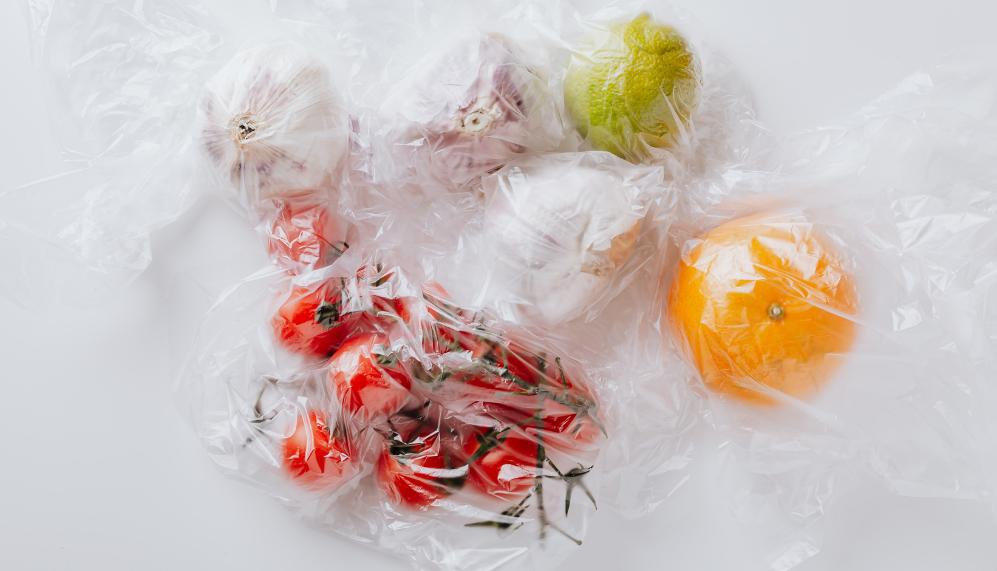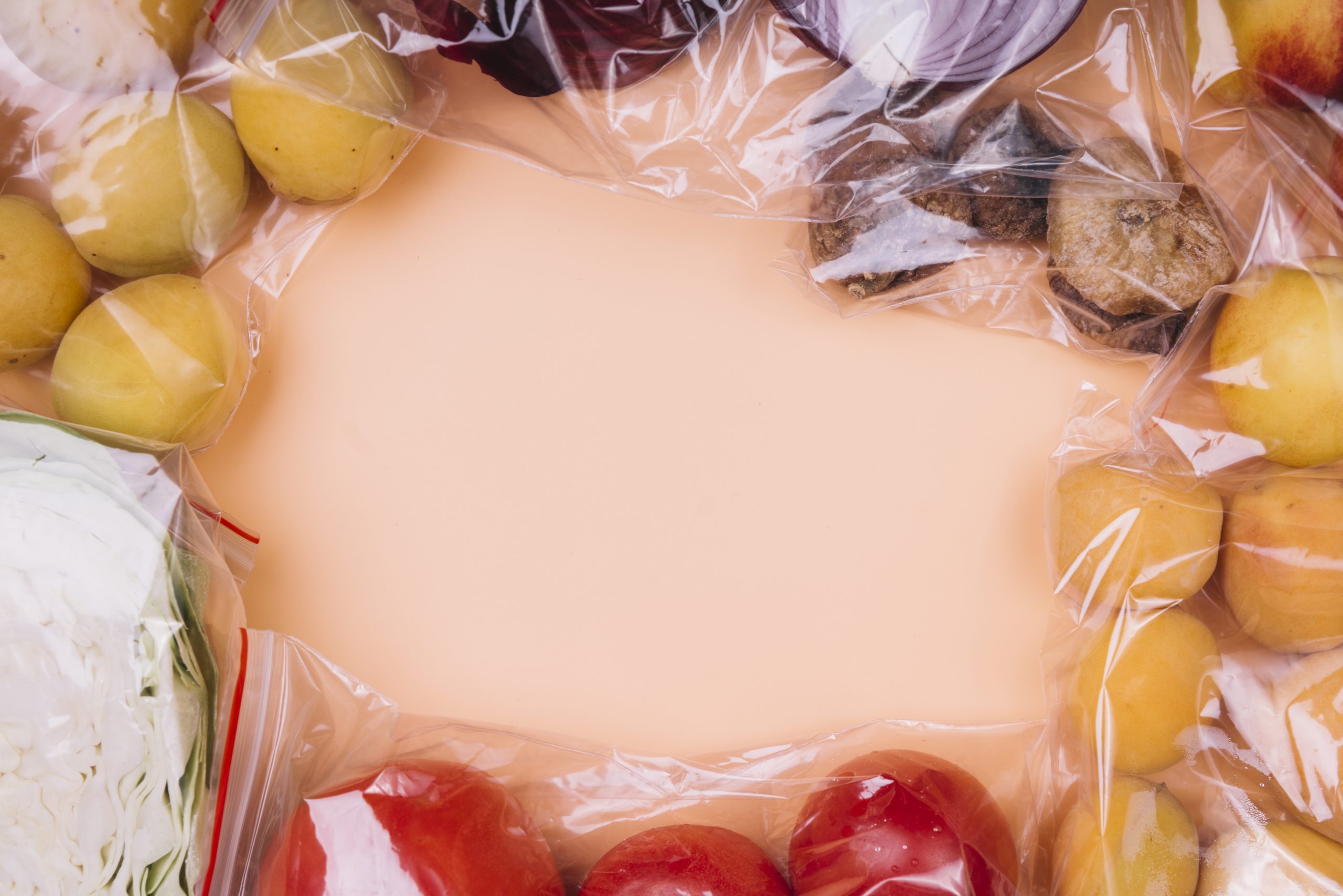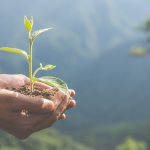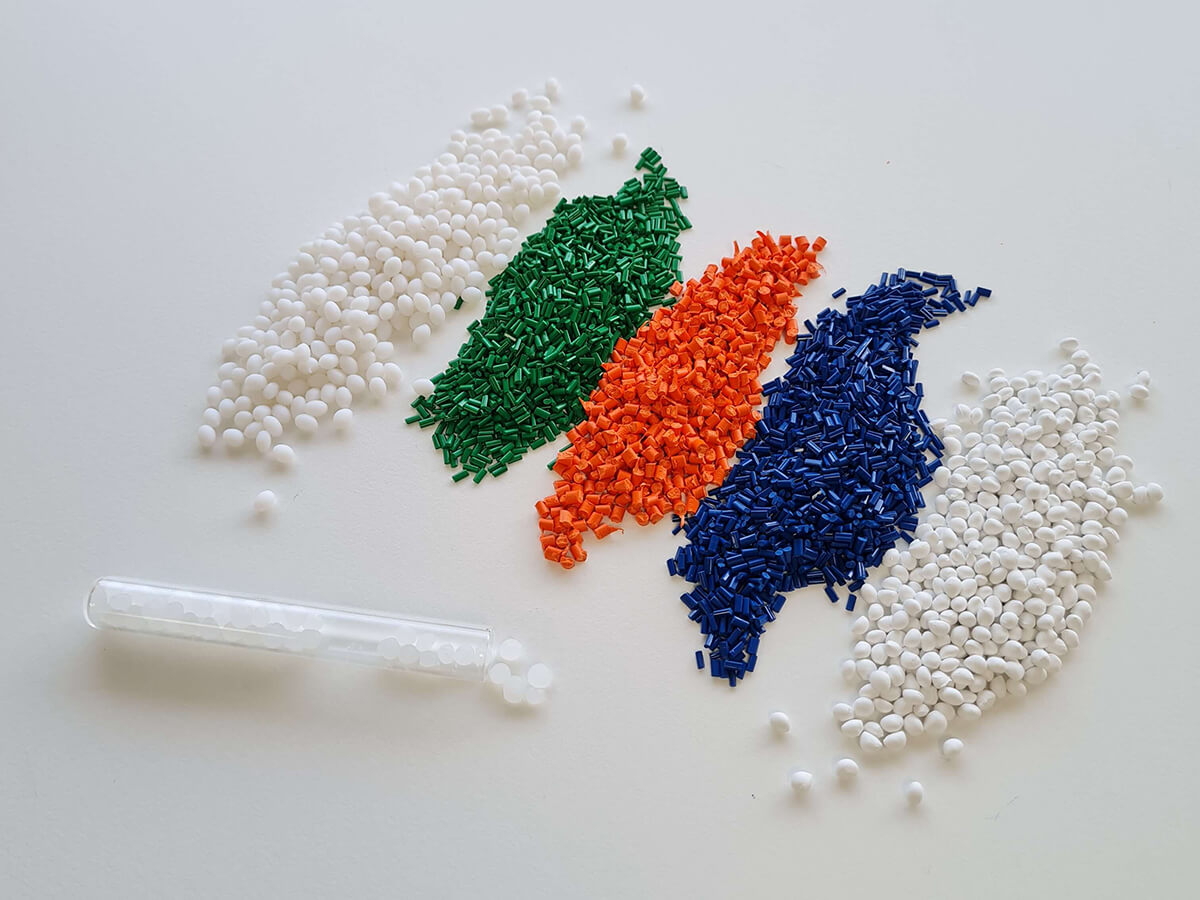
Benefits of compostable biodegradable bags
As a society, we are used to using plastic bags almost on a daily basis. However, we see that more and more business and companies are looking to reduce the consumption of plastic bags such as those we have used so far and opt for paper bags or other types of materials such as compostable biodegradable bags.
Do you want to know more about the benefits of using compostable biodegradable bags? Keep on reading!
Compostable biodegradable bags
While it is true that the conventional plastic bag offers numerous advantages, there are many environmental factors that can be affected, especially when these are not properly recycled.
It is for the reason that the incorporation into the market of other types of materials that are more sustainable and respectful of the environment is being carried out. Among them we find compostable plastic materials.

What are compostable biodegradable bags and how to identify them?
To know what compostable biodegradable bags are, we must keep in mind two definitions.
Biodegradable materials
They are those that degrade naturally when they come into contact with the environment and thanks to the action of microorganisms that we find in nature. This biodegradation is performed without the need for human intervention. However, it is not regulated when a material is biodegradable, since there are no official parameters that stipulate it. In addition, it is a process that can also take tens and hundreds of years.
Compostable materials
Compostable materials are those that, under composting conditions, biodegrade becoming compost, CO2 and water. In this case, the process does need human intervention when it comes to being deposited in industrial or domestic composting plants.
It should be noted that composting is a process of “controlled biodegradation” by a person which consists of supervising the process to ensure that the material ends up becoming compost or fertilizer.
On the other hand, for a material or packaging container to be compostable, it must comply with the requirements of the EN-13432 standard that certifies the compostability of the product. If it passes them, it will acquire the Ok Compost certificate.
- If you want to know the requirements of this regulation, here you have the post All about the EN 13432 standard.
Do not confuse biodegradable or compostable with recyclable
A recyclable material is one that after passing through a recycling plant can be used again to become another material or product.
Therefore, it is a process where a person intervenes and specialized industrial processes are needed.
The materials of compostable biodegradable bags
- PLA: its main component is polylactic acid. It is obtained from the fermentation of vegetables such as corn, cassava or sugar cane among others.
- If you want to learn more about PLA, we recommend you our post on PLA Plastic: what it is and what it is for.
- Corn starch or potato starch: through a chemical process we obtain lactic acid that serves as the basis for the production of plastic polymers from renewable sources.
- PBAT: is short for polybutylene adipate terephthalate. Like PLA, it is also often very present in the process of transition of the plastic industries towards compostable materials.
Traditional plastic bags vs compostable biodegradable bags
There are numerous differentiating factors between traditional plastic bags and compostable plastic bags.
First, unlike conventional plastic bags, compostable biodegradable bags do not require materials derived from fossil sources such as petroleum. On numerous occasions, this type of packaging comes from renewable sources such as sugar cane or potato. This means they are biobased.
- If you are interested in plastics of bio origin, we leave you here Everything you need to know about bio-based plastics.
On the other hand, as a society, we have the responsibility to assume the management of the waste that we ourselves generate. In fact, much of the waste we don’t recycle could be composted because they come from organic waste.
In the case of compostable bags, waste management is very simple. Once used, it must be deposited in the brown container, along with the rest of the organic waste such as food or vegetable waste.
Advantages of using compostable biodegradable bags in companies
The fact of using compostable biodegradable bags in your company will help you in different ways:
Less impact on nature
As we have mentioned before, the compostability of these containers ensures that waste disappears quickly from the environment by managing it correctly in a composting plant.
Lower use of petroleum
As many of the materials used to make compostable bags are of plant origin (in other words, they are biobased) you will not have to depend on fossil sources such as oil.
Corporate responsibility and brand image
Improve your brand image by showing your customers and consumers that you are a sustainable and environmentally responsible company.
Adaptation to new regulations
Do you know the Royal Decree 293/2018 on the Reduction of the Consumption of Plastic Bags? The main objective of this regulation is that by 2025 the consumption of plastic bags will be reduced by half.
In fact, since January 1, 2021, light and very light plastic bags were banned for free in supermarkets, shops, etc. Except biodegradable or compostable bags.
In addition, only plastic bags containing 50% recycled material or more and not less than 50 μm may be placed on the market. Any bag that is thicker than the established one, must be replaced by a more sustainable material, such as compostable.
How to switch to compostable biodegradable bags?
One of the main drawbacks when starting to use biodegradable and compostable bags is the uncertainty generated by the very fact of carrying out a change. But don’t panic, it’s a very simple process.
Transition process: from traditional plastic to biodegradable bags
It is important to note that replacing plastic bags with compostable bags does not imply any change in buying habits for your customer or consumer. What’s more, visually both bags are very similar, so your purchase process will not be affected and the usability of the packaging will be the same.
There are compostable bags of different types: with more or less flexibility, resistance, impermeability… With the great advantage that with compostables the environmental impact is greatly reduced.
How to recycle compostable biodegradable bags
As we have mentioned before, although these bags look a lot like those made of conventional plastic, they should not be discarded in the yellow container. Compostable bags, which will be identified with the “Ok Compost” badge, must be deposited in the brown container.

On the other hand, the fact that these bags are biodegradable compostable does not imply that we can leave them lying anywhere in nature with the excuse that being organic material “they will disappear”. These materials must reach a domestic compost bin or an industrial composting plant, where they will be subjected to a specific series of conditions that will achieve the correct and complete biodegradation of the products.
Material for compostables bags
At Prime Biopolymers we develop compostable bioplastic grades suitable for any manufacturing method. In the case of compostable biodegradable bags, we have different ZIMIA grades of film already validated for the production of compostable bags at an industrial level.
- Would you like to know more about these ZIMIA? In the following link you can find more information about our compostable materials for the manufacture of compostable bags.
At Prime Biopolymers we seek the transition of the plastics industry towards a more sustainable model. We know that compostable biodegradable bags can be an alternative to conventional plastic and we hope we’ve helped you know why.










